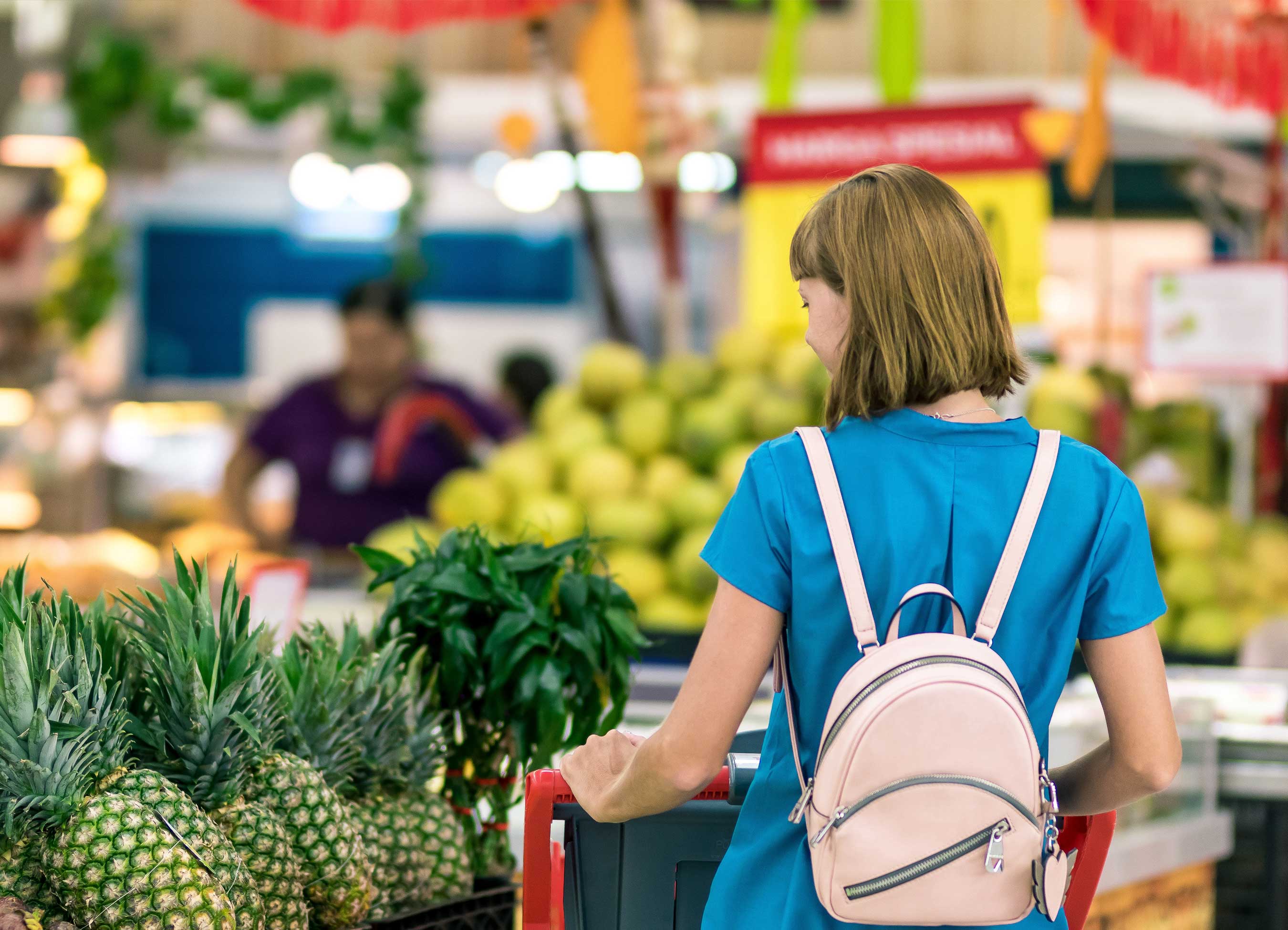
Responsable Consumerism
The protection of the rainforest is a complex task. The Bruno Maner Fonds is committed to the Penan's land rights, planting trees and campaigning for better forest protection. However, due to global economic networking, our personal purchasing behaviour in Switzerland also has a direct impact on the rainforest in Sarawak. As consumers, we can influence the global approach to the rainforest by avoiding tropical timber and palm oil and by paying attention to how we invest our money.
The wood declaration obligation creates transparency
When Bruno Manser returned to Switzerland in 1990 to work for the rainforest of Sarawak, Switzerland imported large quantities of tropical timber. The nature of the wood was often not conveyed to the customers. It was sold without declaration of origin.
Bruno Manser therefore vehemently advocated an import ban on tropical timber and a new law to declare it. His efforts were already having an effect in the 1990s: the timber industry was relying more and more on Swiss and European timber, and imports of tropical timber declined despite the continuing absence of an import ban.
It was to take until the end of 2011 before the demand for a wood declaration obligation became generally accepted. This means that consumers can now decide for themselves whether and which tropical timber they wish to buy. As a result, the import of tropical timber has been further reduced, and in 2019 parliament also decided to ban the import of illegal timber.
Avoid tropical timber and buy products made from Swiss timber wherever possible.
The FSC label stands for sustainable forest management, but unfortunately, it does not guarantee the sustainability and legality of the wood in every case
Palm oil is everywhere
The oil of the tropical oil palm has enjoyed a dubious reputation for some years now. It is true that the palm tree is very productive and economically attractive. But valuable rainforests are cleared for the plantations, releasing climate-damaging carbon dioxide and disregarding the rights of the local population. The cultivation of the palm tree also requires the use of chemicals, threatens biodiversity and the working conditions are often catastrophic. More information can be found in our Palm Oil Dossier.
The Bruno Manser Fonds, therefore, advises against using palm oil. As the oil has excellent properties for the food and cosmetics industry, this intention is difficult to adhere to. Last but not least, frozen products, confectionery, and convenience foods contain palm oil. Soaps, shampoos and other cosmetic products also contain palm oil, which is not identified as such but must be mentioned in names such as Glyceryl Laureate or Sodium Laureth Sulfate.
Avoid products containing palm oil if possible, and choose palm oil-free alternatives.
Paper is wood
It is difficult to be aware in everyday life that we consume daily processed trees, in the form of paper. The high consumption of paper puts a strain on the world's forests and the digitalization of our lives has paradoxically led to an increase in paper consumption.
One solution is to use recycled paper whenever possible. The "Blue Angel" label, for example, guarantees this. This reduces the demand for wood, energy and water. You can find more information on this topic here.
Think carefully whether you need a printout or not. You will save valuable resources.
No money for dirty business
The Bruno Manser Fund uncovers where the money from environmental destruction goes and what role Swiss banks play in this. Our money often works against our convictions without our knowledge: We invest our savings in a bank, which then invests it where and how it wants. Here we need to clarify how our money is used.
Ask your pension fund and your bank whether your money is being invested in rainforest destruction and paper or palm oil companies are being financed.